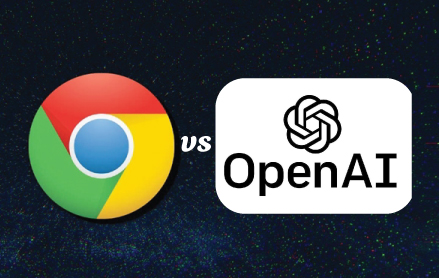Accordingly, this browser is expected to launch in the next few weeks and aim to use artificial intelligence to fundamentally change the way users browse the web. At the same time, it will help OpenAI get more directly into Google's successful platform, user data.
If it is welcomed by 500 million ChatGPT users as expected, OpenAI's new product could become a major competitor to Google's huge advertising ecosystem, which relies heavily on the Chrome browser to collect data and navigate access to its search engine.
It is known that OpenAI's browser is designed so that users can perform some direct operations in the ChatGPT-like chat interface instead of having to click on traditional links when accessing the website, thereby bringing a new and more optimal interactive experience.
On the other hand, browsers with access to users' web activities will create conditions for AI virtual assistants to perform user-replacement actions such as booking or filling in forms right on websites.
It can be said that this is a step in OpenAI's long-term strategy to integrate its services more deeply into users' personal lives and daily work.
Although OpenAI declined to comment, leaked information shows that the new product was developed based on open source chromium - the main platform behind Chrome and other browsers such as Edge or Opera. Previously, OpenAI has hired two veteran vice presidents of Google, who were also in the initial Chrome development team.

According to web data analytics, Google Chrome currently accounts for more than 2/3 of the global market share with more than 3 billion users, while Apple's Safari browser ranks second with a large gap of only about 16% of the market share. Chrome's importance in providing user data for Alphabet to optimize advertising has been so effective that the US Department of Justice has asked Google to divest after a US judge ruled in 2024 that the group is holding an illegal monopoly in online search.
However, with the rising wave of AI, the position of technology kings may also waver. Rivers such as Perplexity, The Browser Company or Brave are also developing browsers integrated with AI, creating fierce competition in the market.











